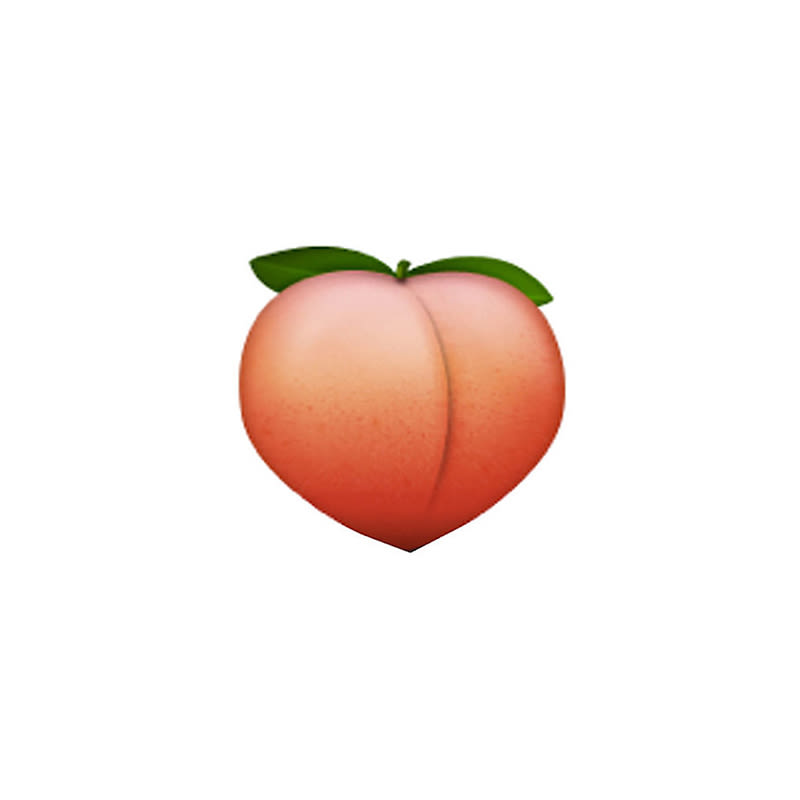Testosterone is the primary male sex hormone that plays a vital role in sexual health, muscle building, bone density, mood, and energy in men. With age or due to lifestyle factors, levels of this important hormone may decline. Fortunately, there are many foods that can help boost testosterone production naturally. This article reviews the most important scientifically supported foods for increasing male hormones, as well as nutritional and lifestyle tips to improve its levels.
Understanding Testosterone and Its Importance
Testosterone is a steroid hormone produced primarily in the testicles in men (and in smaller amounts in the ovaries in women). It is responsible for:
- The development of secondary sexual characteristics such as facial and body hair growth
- Promoting muscle mass and bone strength
- Regulating libido and sexual performance
- Improving mood and energy levels
- Sperm production
Testosterone levels naturally decline with age, starting to decrease around the age of 30-40 at a rate of approximately 1% per year. However, factors such as obesity, chronic stress, lack of sleep, and poor nutrition can accelerate this decline.
Best Foods to Increase Testosterone
1. Fatty Fish: A Treasure Trove of Omega-3s and Vitamin D
Fatty fish such as salmon, tuna, mackerel, and sardines are among the best foods for boosting testosterone due to:
- Omega-3 fatty acids: Increase the sensitivity of reproductive hormones and reduce inflammation that may inhibit testosterone production.
- Vitamin D: Studies have shown that men with adequate levels of vitamin D have higher testosterone levels.
- Zinc: An essential mineral for testosterone production, as zinc deficiency is linked to lower hormone levels.
It is recommended to eat two servings of fatty fish per week to obtain these benefits.
2. Oysters: The Richest Natural Source of Zinc
Oysters are one of the best dietary sources of zinc, with 6 medium oysters providing over 500% of the daily zinc requirement. Zinc is necessary for:
- Testosterone synthesis
- Maintaining sperm quality and quantity
- Preventing the conversion of testosterone to estrogen
Other seafood rich in zinc includes crab, lobster, and shrimp.
3. Lean Red Meat: High-Quality Protein with Testosterone-Boosting Minerals
Lean red meat such as beef contains:
- Complete protein: Essential for building muscle and repairing tissues
- Zinc: As mentioned earlier, a vital mineral for testosterone production
- Creatine: Improves athletic performance, which may boost testosterone production
- Iron: Supports energy and physical performance
However, red meat should be eaten in moderation (2-3 times per week) to avoid potential negative effects of excessive consumption.
4. Eggs: A Complete Source of Nutrients
Egg yolks, in particular, are rich in elements that support testosterone production:
- Cholesterol: An essential raw material for testosterone production
- Vitamin D: Linked to higher testosterone levels
- Selenium: An antioxidant mineral that supports reproductive health
- High-quality protein: For building muscle
5. Dark Leafy Greens: Magnesium and Antioxidants
Spinach, kale, and Swiss chard are rich in:
- Magnesium: Reduces cortisol (the stress hormone) which can inhibit testosterone
- Folic acid: Necessary for male sexual function, as its deficiency is linked to erectile dysfunction
- Antioxidants: Protect testosterone-producing cells from damage
6. Pomegranate: The Fertility Fruit
Studies have shown that pomegranate juice can:
- Increase testosterone levels by up to 24%
- Improve sperm quality and motility
- Reduce oxidative stress that may harm the testicles
7. Nuts and Seeds: Healthy Fats and Minerals
Almonds, walnuts, pumpkin seeds, and chia seeds contain:
- Zinc: Especially pumpkin seeds, which contain a large amount of it
- Magnesium: As found in almonds and cashews
- Healthy fats: Necessary for hormone production
- Arginine: An amino acid that improves blood flow
8. Garlic: A Natural Fertility Booster
Garlic contains the compound allicin, which may:
- Stimulate the secretion of luteinizing hormone (LH), which in turn stimulates testosterone production
- Reduce cortisol levels
- Improve blood circulation
9. Avocado: Healthy Fats and Vitamins
Avocado is rich in:
- Monounsaturated fats: Support hormone production
- Vitamin E: Improves sperm quality
- Potassium: Regulates blood circulation
- Zinc: As mentioned earlier
10. Ginger: A Fertility-Boosting Herb
Studies have shown that ginger can:
- Increase testosterone levels by 17% when consumed daily for 3 months
- Improve sperm quality and quantity
- Reduce inflammation in the body
Drinks That Increase Testosterone
In addition to foods, there are drinks that may help boost testosterone levels:
- Pomegranate juice: As mentioned earlier, it has a positive effect on hormone levels.
- Whole milk: Rich in vitamin D and calcium (but should be consumed in moderation).
- Lemon juice: Reduces cortisol and increases vitamin A, which is important for hormone production.
- Ginger tea: Has fertility-boosting effects.
- Hot cocoa: Contains nutrients that support hormone production.
Foods and Drinks to Avoid
Some foods and drinks may lower testosterone levels:
- Mint: May reduce hormone levels.
- Alcoholic beverages: Excessive consumption inhibits testosterone production.
- Processed foods: Contain trans fats that may lower the hormone.
- Soy: Contains phytoestrogens that may lower testosterone when consumed in excess.
- Refined sugars: Increase inflammation and may affect hormone levels.
Nutritional Tips to Increase Testosterone
In addition to eating the foods mentioned above, here are some important nutritional tips:
- Eat enough healthy fats: Fats are necessary for hormone production, especially saturated and monounsaturated fats.
- Maintain nutrient balance: Make sure you get enough zinc, magnesium, and vitamin D.
- Avoid crash diets: Severe calorie restriction can lower testosterone levels.
- Drink enough water: Dehydration can negatively affect hormone production.
- Eat balanced meals: Ensure that each meal contains protein, complex carbohydrates, and healthy fats.
Lifestyle Changes to Boost Testosterone
Besides nutrition, here are some lifestyle changes that can help increase testosterone naturally:
- Exercise regularly: Especially resistance training and weightlifting.
- Get enough sleep: 7-9 hours of good quality sleep each night.
- Manage stress: Techniques such as meditation and deep breathing can help.
- Maintain a healthy weight: Obesity increases the conversion of testosterone to estrogen.
- Get sunlight exposure: For natural vitamin D.
- Avoid environmental toxins: Some chemicals may disrupt hormonal balance.
When Should You See a Doctor?
If you experience symptoms of low testosterone such as:
- Decreased libido
- Erectile dysfunction
- Persistent fatigue
- Loss of muscle mass
- Increased body fat
- Mood swings or depression
You should consult a specialist doctor for necessary tests and to determine if you need medical treatment in addition to dietary and lifestyle changes.
Conclusion
Increasing testosterone naturally requires a comprehensive approach that includes proper nutrition, exercise, stress management, and sufficient sleep. Focusing on foods rich in zinc, magnesium, vitamin D, and healthy fats can significantly support the production of this important hormone. Remember that lasting changes come from consistent habits, so make these foods part of your daily diet for the best long-term results.



